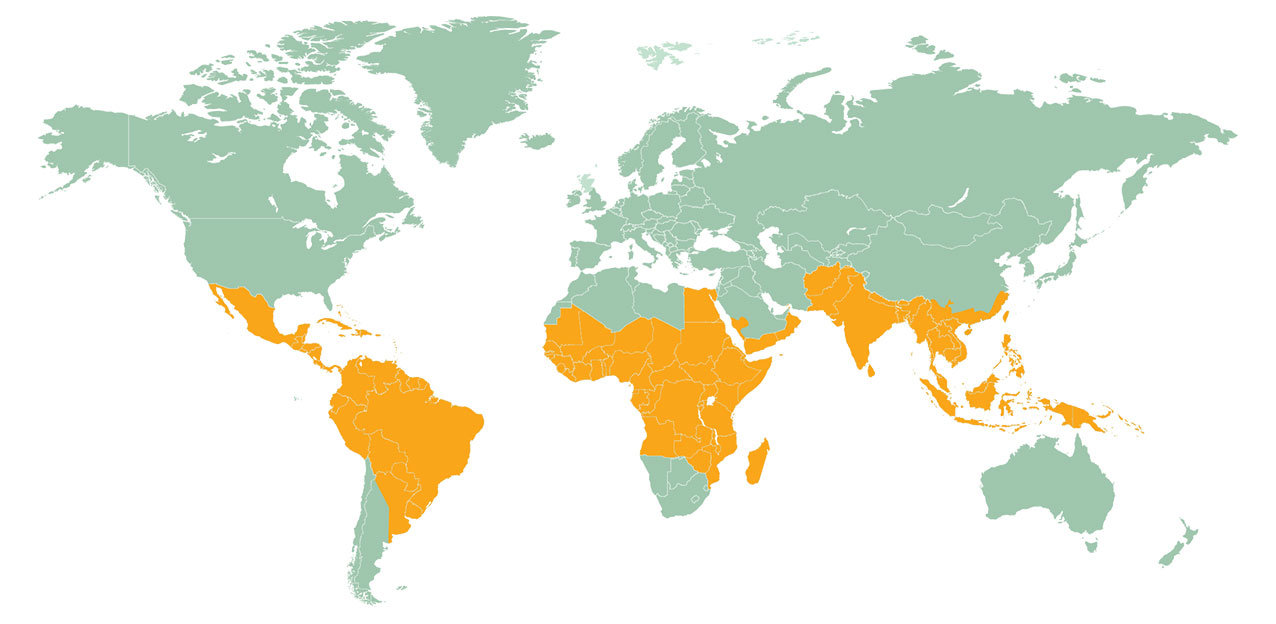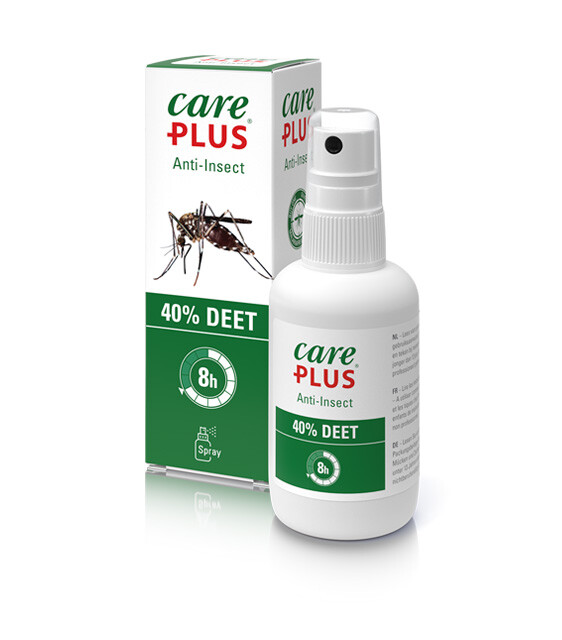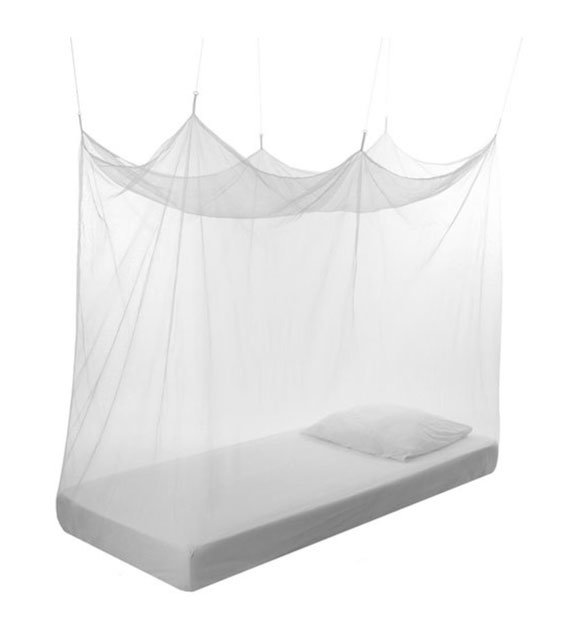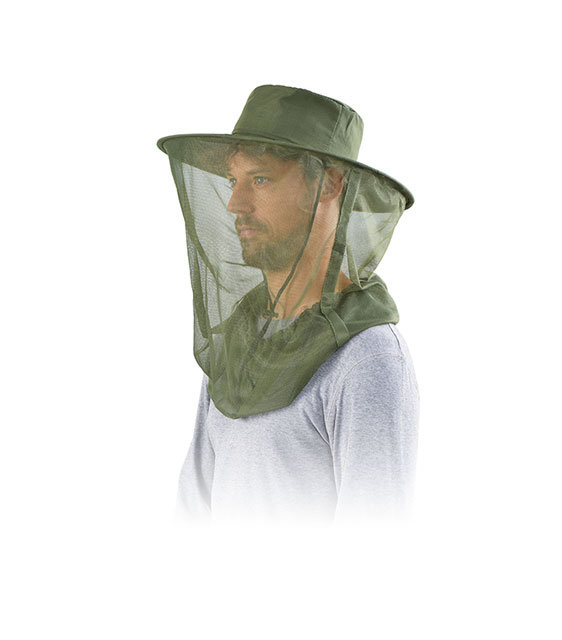Dengue
Dengue is an infectious disease that is caused by a virus. The virus occurs in (sub)tropical regions and is transmitted by mosquitoes. Dengue frequently occurs in people who have visited countries where the disease occurs.

Wat is dengue?
Het denguevirus is de veroorzaker van dengue fever, ook wel knokkelkoorts genoemd, hemorrhagische koorts (DHF dengue hemorrhagic fever) en dengue shock syndroom (DSS Dengue shock syndrome). DHF en DSS zijn twee vormen van ernstige dengue. Het virus wordt overgedragen door muggen die overdag actief zijn en dan dus ook kunnen bijten.
What is dengue?
The dengue virus is the cause of dengue fever, also called dengue hemorrhagic fever (DHF) and dengue shock syndrome (DSS). DHF and DSS are two forms of severe dengue. The virus is transmitted by mosquitoes that are active during the day when they may bite.
What are the symptoms of dengue?
The incubation period of the dengue virus is between 3 and 14 days (usually 4-7 days), after a bite of an infected mosquito. The majority of dengue virus infections does not cause any symptoms. Low severity dengue virus infections are characterised by the following symptoms:
- Acute fever (up to 41 °C) with chills
- Headache, particularly behind the eyes
- Muscle and joint pain
- Nausea
- Vomiting
- Coughing
- Sore throat
- Feeling miserable
Low severity dengue virus infections recover between a few days and a week. A small part of infections develops into severe dengue with complications like dengue hemorrhagic fever (DHF) and dengue shock syndrome (DSS). Without treatment, these complications are life-threatening. Moreover, people can get dengue several times.
Protection against dengue
Infection with the virus can take place through the bite of an infected Aedes mosquito, particularly the yellow fever mosquito (Aedes aegypti) and the Asian tiger mosquito (Aedes albopictus). These mosquitoes can also transmit the chikungunya virus and zika virus.
In the Netherlands, there is no vaccine available for the dengue virus. Prevention of dengue is predominantly focused on preventing mosquito bites, particularly in the early morning and late afternoon when Aedes mosquitoes are active. Wearing clothes that cover the skin and applying Anti-Insect to exposed skin reduces the risk of infection. In addition, sleeping under an (impregnated) mosquito net is recommended.
Types of dengue virus
There are four types of dengue virus. It is possible to contract dengue more than once. Once you have had dengue, you will be protected for life against that particular type of dengue, but not against other types.
If you contract dengue for the second time with a different type, there is a chance that the symptoms will be more severe. Once you’ve had dengue, a second infection can be more serious. If you think you have dengue for the second time, it is important to consult a doctor as soon as possible.
Does dengue occur in Poland?
Dengue mainly occurs in (sub)tropical regions like Africa, Southeast Asia, Central, Latin America and the Carribean. The number of dengue virus infections has significantly increased over the last decennia. Globally, there are an estimated 90 million dengue virus infections with symptoms, of which 500,000 are severe cases of dengue, especially in children. Several dozen cases of dengue are reported annually from the Dutch Caribbean.
In the European or (continental) Poland, dengue only occurs as an imported disease. Due to the global increase in dengue, the chances of travellers returning with a dengue virus infection is increasing. Around 150 dengue virus infections are reported annually in the virological reports.



